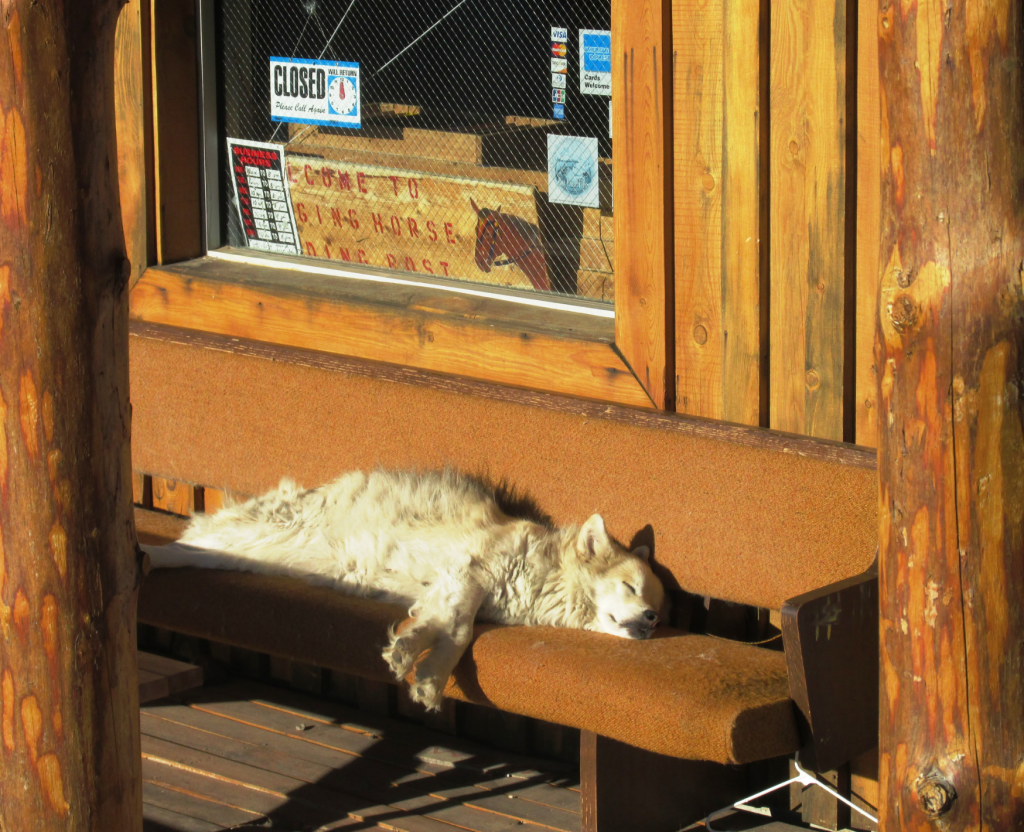Below is Whisper #34 from my latest book, 48 WHISPERS, which is a collection of photographs and personal meditations created across a decade of travel to the Pine Ridge Indian Reservation and the surrounding northern plains.
Time is more than just an opportunity to be productive. This understanding is a gift I brought home with me from my excursions on the northern plains.
As a CEO I have tried to incorporate this wisdom into the world of work. As productivity improves, work should take less time, not more. Work should be important, engaging, and challenging—but it should not be all-consuming. As a work community we can use some of our productivity growth to make and sell more stuff, but we could also use a portion of that freed capacity to just plain work less.
Hancock Lumber has been able to reduce the average work week in our stores from forty-eight to forty-one hours while also increasing take-home pay faster than the national average. To do this we had to reinvent the traditional over- time pay system. Overtime pay is the worst possible financial incentive for the twenty-first century because it rewards just one outcome—making the work take longer. The real value-added goal is to find ways to make work take less time. A modern pay and bonus system should compensate for freeing time, not consuming it.
Reducing the employee’s work week by seven hours creates more than eight weeks of suddenly freed time each year that every individual can reinvest as they see fit.
Putting the work back in its place can broaden human capacity. Productivity is a worthy goal when it triggers higher pay and more freedom for those who create it.
